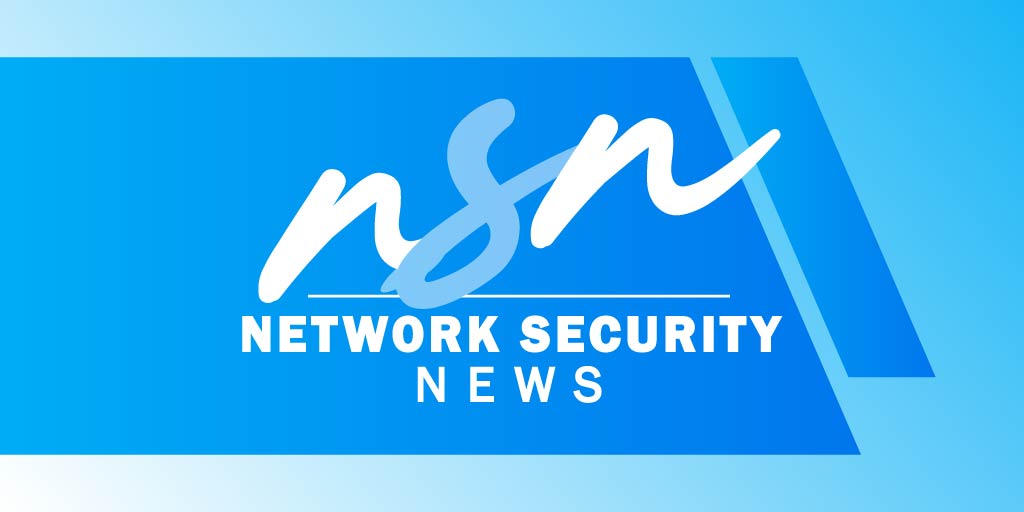Articles of interest from the week of July 22, 2019
Cyberthreats Targeting Municipalities Are On The Rise Through the first half of 2019, a growing number of municipalities across the US were hit with...
24/7/365 Monitoring & Alerting
Compromise Assessments
Threat Hunting
Vulnerability Management
CMMC Preparation & Assessment
Cybersecurity Assurance Readiness (CSAR®/RMF Pro)
ATO/RMF Support
If you are concerned about a potential threat or are experiencing a breach, contact our 24/7/365 emergency hotline at 888-860-0452.
 Subscribe to NetSec News
Subscribe to NetSec NewsSign up to receive our biweekly newsletter that covers what's happening in cybersecurity including news, trends, and thought leadership.
At our core, Ingalls is a company that strives to be helpful to our clients while continuously innovating and evolving our technology and solutions. Since 2010, we have been dedicated to building a team and product that can stay steps ahead of threats, attacks, and vulnerabilities in an ever-changing landscape.
1 min read
John Frasier : May 27, 2019 12:00:00 AM
Moody's has downgraded its rating outlook for Equifax from stable to negative due to losses the company sustained as a result of the massive data security breach in 2017. The revised outlook came in response to Equifax's SEC filing earlier this month. This is the first time a credit-rating agency has downgraded an organization's outlook because of the financial repercussions of a cyberattack. (By Bradley Barth, SC Corporate News)
The ransomware attack that has crippled the city of Baltimore's computer systems was fueled in part by a hacking tool developed by the National Security Agency (NSA). Dubbed EternalBlue by the NSA, the tool was stolen and leaked by a group known as Shadow Brokers in 2017. EternalBlue appears to have played a part in attacks against other cities' IT systems, as well as systems at hospitals, airports, and other industries. Former NSA employees speaking anonymously said that prior to its theft, the agency considered EternalBlue such a useful tool that it did not consider telling Microsoft about the flaws it exploited until EternalBlue was leaked online. (By Edward Moyer, CNET)
First America Mortgage Corp., a real estate title insurance company, has acknowledged that 885 million files were inadvertently exposed due to a flaw in the company's document transfer system. The affected documents date as far back as 2003. The documents contain bank account numbers, tax and mortgage records, and other sensitive information. (By Brian Krebs, Krebs on Security)
Would your average Internet user be any more vigilant against phishing scams if he or she faced the real possibility of losing their job after falling for one too many of these emails? (By Brian Krebs, Krebs on Security)
United Kingdom has seen the number of data breach notifications more than quadruple since Europe's tough new privacy law went into full force. (By Mathew J. Schwartz, BankInfoSecurity)
Nearly three quarters of chief information and security officers at financial institutions plan to ask their firms for an increase in cybersecurity investments in the next year, according to a survey. (By Finextra)
Cyberthreats Targeting Municipalities Are On The Rise Through the first half of 2019, a growing number of municipalities across the US were hit with...

Warning: Poorly Secured Linux SSH Servers Under Attack for Cryptocurrency Mining Poorly secured Linux SSH servers are being targeted by bad actors to...
Microsoft Patches ‘Wormable’ Flaw in Windows XP, 7 and Windows 2003 Microsoft yesterday took the unusual step of releasing security updates for...